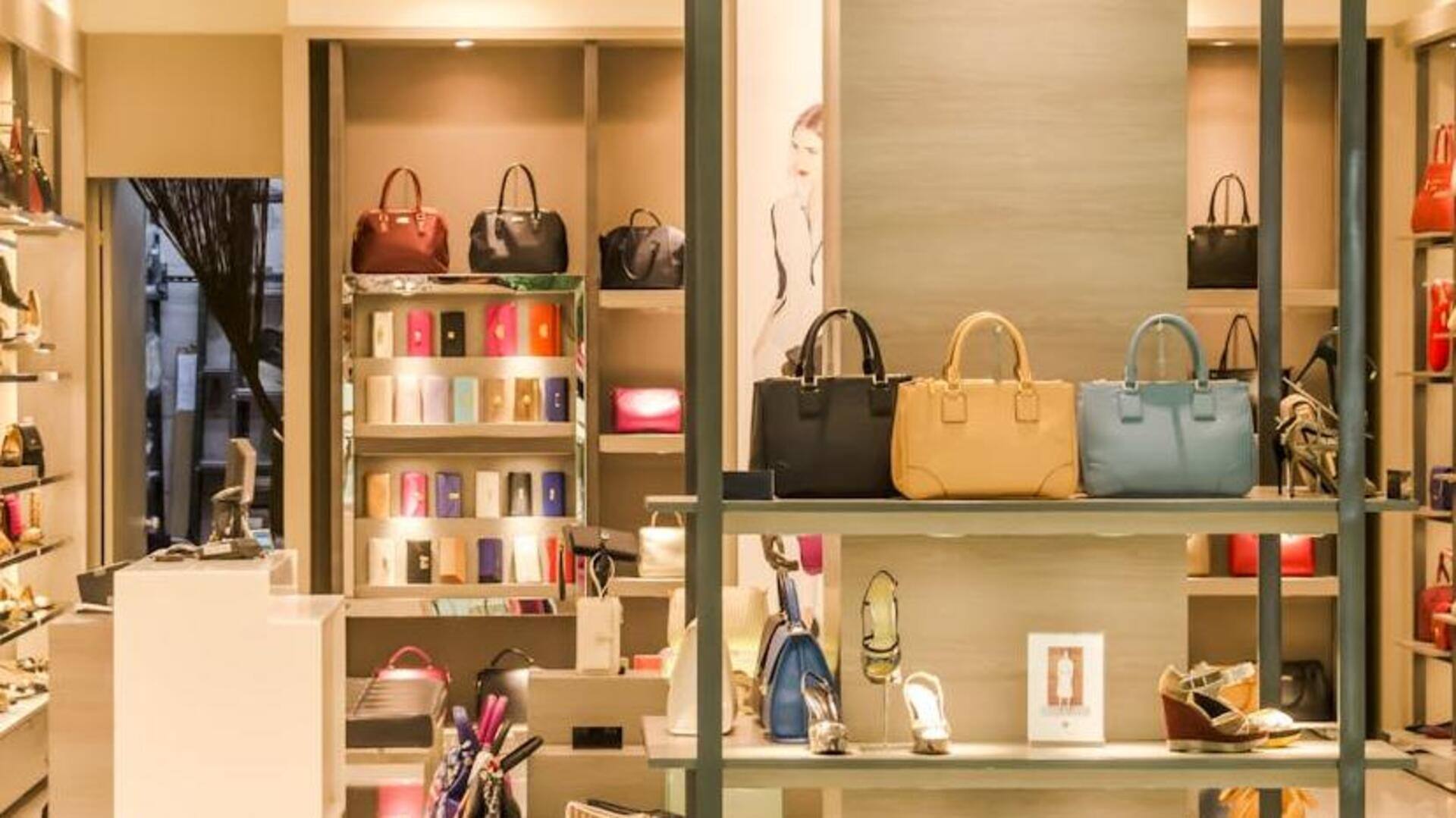
A guide to ethical luxury in modern fashion
What's the story
The fashion industry is at a pivotal point, embracing sustainability while maintaining the allure of luxury. A significant shift is seen in the integration of silk alternatives into haute couture, marking a new era of ethical luxury. This movement not only addresses environmental concerns but also caters to the growing demand for cruelty-free and sustainable options among discerning consumers.
Background
The rise of silk alternatives
Silk, known for its luster and feel, has been a staple in luxury fashion for centuries. However, traditional silk production raises ethical and environmental issues, including the harm to silkworms and extensive water usage. In response, innovative materials such as peace silk, lyocell (from eucalyptus trees), and recycled polyester are gaining popularity as sustainable alternatives that do not compromise on quality or aesthetic appeal.
Key concept
Crafting ethical elegance
Integrating silk alternatives into haute couture transcends mere material substitution; it's a reimagining of design principles for sustainability. Designers are leveraging the unique properties of these new fabrics—like drape, sheen and texture—to craft standout runway pieces that embody an ethical stance. This innovative approach not only pushes creative boundaries but also establishes new luxury fashion standards.
Tip 1
Practical advice for consumers
When shopping for ethically produced luxury items, look beyond labels claiming "sustainable" or "eco-friendly." Conduct thorough research on brands that transparently share their production processes and material sources. Opting for garments made from certified organic peace silk or Tencel lyocell can significantly reduce your fashion footprint, ensuring style and quality are not compromised in your wardrobe choices.
Tip 2
Embracing cross-cultural inspirations
Ethical luxury transcends Western haute couture, embodying a global movement. Consumers are encouraged to explore brands that blend traditional techniques with sustainable materials from around the world. This approach not only uplifts artisans but also enriches fashion with cultural diversity. Such practices ensure that choosing ethical luxury supports both sustainability and innovation, offering unique, story-rich designs.